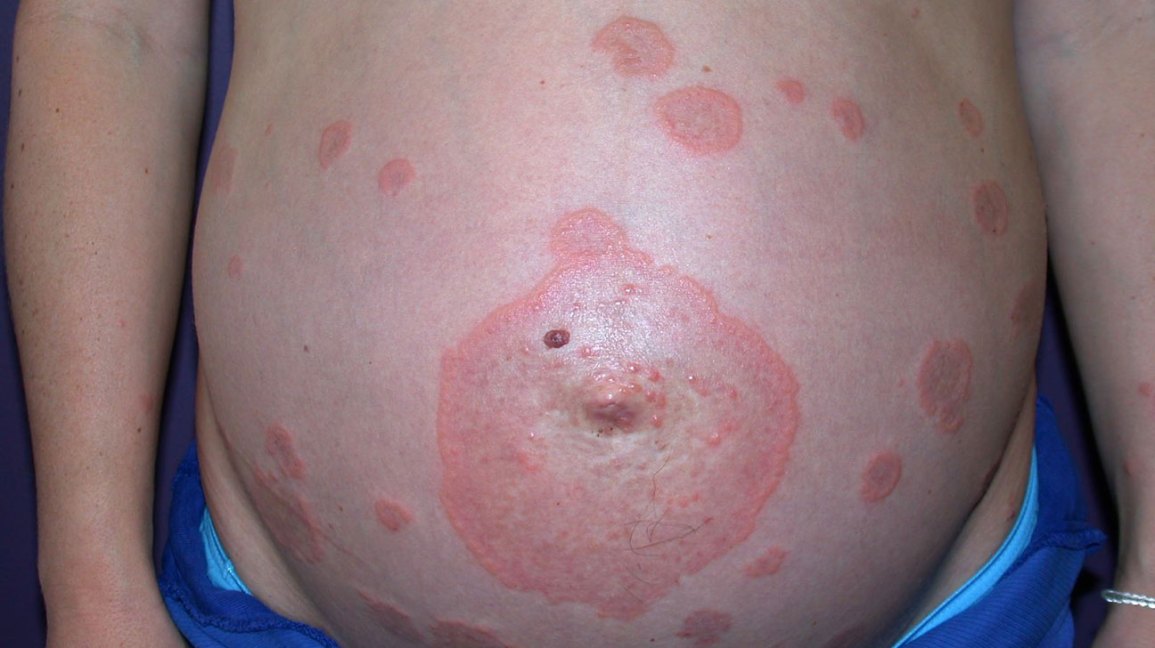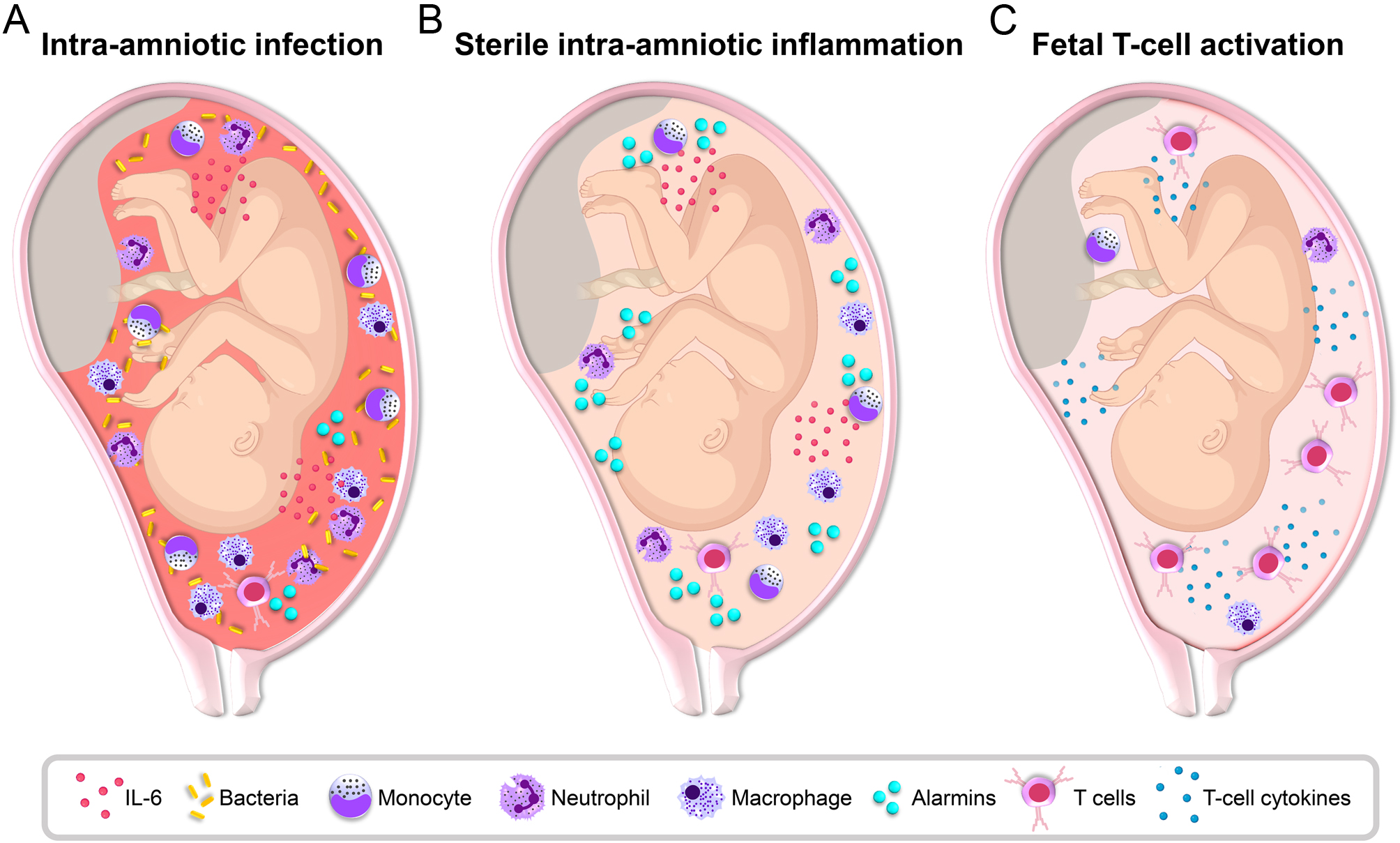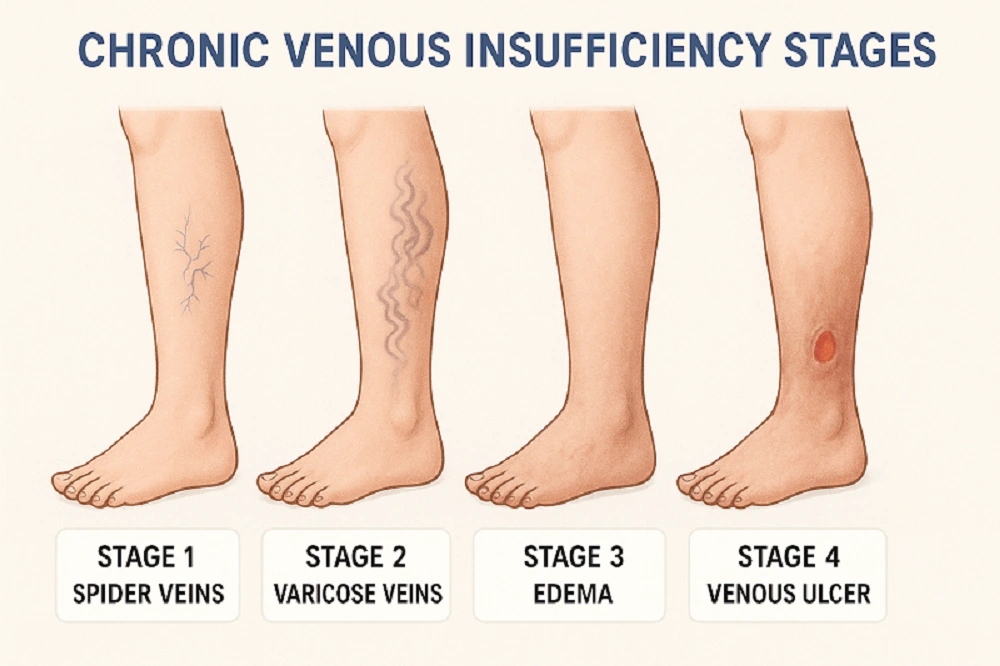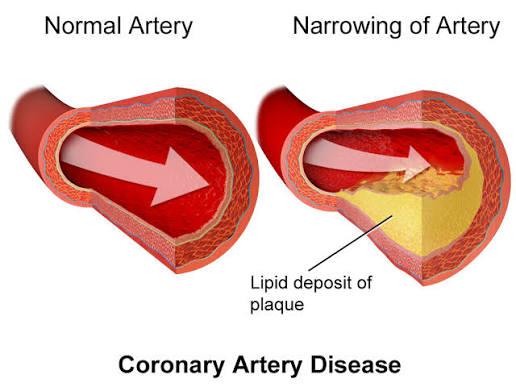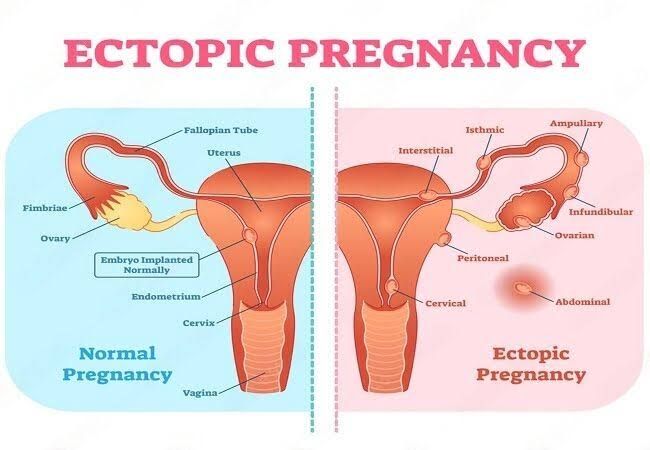
Definition of Ectopic Pregnancy and Its Incidence
Ectopic pregnancy is a condition in which a fertilized egg implants and grows outside the main cavity of the uterus, most commonly in one of the fallopian tubes. This abnormal implantation can lead to serious complications, including rupture of the ectopic tissue, which can cause internal bleeding and may be life-threatening. The incidence of ectopic pregnancy is approximately 1-2% of all pregnancies, with variations based on factors such as age, previous reproductive history, and underlying health conditions.
Risk Factors for Ectopic Pregnancy
Several risk factors have been identified that increase the likelihood of an ectopic pregnancy:
- Previous Ectopic Pregnancy: Women who have had one ectopic pregnancy are at higher risk for subsequent occurrences.
- Pelvic Inflammatory Disease (PID): Infections that cause inflammation in the reproductive organs can lead to scarring and blockages.
- Tubal Surgery: Previous surgical procedures on the fallopian tubes can increase risk.
- Endometriosis: This condition can affect the structure and function of reproductive organs.
- Use of Fertility Treatments: Certain assisted reproductive technologies may increase the risk.
- Smoking: Tobacco use has been associated with a higher incidence of ectopic pregnancies.
- Age: Women over 35 years old are at increased risk.
Pathology of Ectopic Pregnancy
The pathology of ectopic pregnancy involves abnormal implantation outside the uterine cavity, primarily within the fallopian tube (95% of cases). The developing embryo cannot survive outside the uterus due to inadequate blood supply and space for growth. As it grows, it can cause damage to surrounding tissues and lead to hemorrhage if it ruptures. Histologically, ectopic tissue resembles normal placental tissue but lacks proper vascularization necessary for sustaining a viable pregnancy.
Different Clinical Presentations of Ectopic Pregnancy
Ectopic pregnancies can present in various ways depending on their location and stage:
- Tubal Ectopia: Most common; may present with unilateral pelvic pain or adnexal tenderness.
- Abdominal Ectopia: Rare; may present with abdominal pain or signs of peritonitis if ruptured.
- Cervical or Ovarian Ectopia: Can present with vaginal bleeding or unusual pelvic pain.
Main Symptoms and Signs of Ectopic Pregnancy
Common symptoms include:
- Abdominal Pain: Often unilateral and sharp; may worsen over time.
- Vaginal Bleeding: Light spotting to heavy bleeding; often different from normal menstrual flow.
- Shoulder Pain: Referred pain due to diaphragmatic irritation from internal bleeding.
- Dizziness or Fainting: Indicating possible internal bleeding leading to hypovolemia.
Physical examination may reveal abdominal tenderness, adnexal mass, or signs consistent with internal bleeding (e.g., hypotension).
Differential Diagnosis of Ectopic Pregnancy
The differential diagnosis includes:
- Miscarriage (Spontaneous Abortion): Early pregnancy loss presenting similarly but typically without an adnexal mass.
- Ovarian Cyst Rupture: Can cause acute abdominal pain but usually does not involve significant vaginal bleeding.
- Appendicitis: May mimic symptoms due to right-sided pain; requires imaging for differentiation.
- Pelvic Inflammatory Disease (PID): Presents with lower abdominal pain and fever but often includes systemic signs like discharge.
Special Investigation of Suspected Ectopic Pregnancy
Key investigations include:
- Transvaginal Ultrasound (TVUS): Essential for visualizing an intrauterine gestational sac versus an ectopic mass.
- Serum Beta-hCG Levels: Monitoring levels helps assess viability; levels that do not rise appropriately suggest ectopic pregnancy or miscarriage.
- Laparoscopy: Considered if diagnosis remains unclear after non-invasive tests; allows direct visualization.
Management of Ectopic Pregnancy
Management options depend on clinical stability and extent:
- Medical Management:
- Methotrexate is used in early unruptured ectopics where there is no fetal heartbeat and hCG levels are below certain thresholds.
- Surgical Management:
- Laparoscopic surgery is preferred for ruptured ectopics or when medical management fails; options include salpingostomy (removal of ectopic tissue) or salpingectomy (removal of affected tube).
- Observation:
- In select cases where patients are stable with low hCG levels, careful monitoring may be appropriate.
In all cases, follow-up care is crucial to ensure resolution and monitor future fertility implications.

